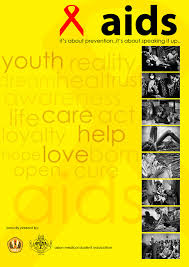Abstract
The effect of HIV on child abuse prevention must be considered on three different levels.
The first consists of indirect effects: the extent to which this infection will be a burden on the
health care, social service, and public assistance systems in this and other countries, leading to
decreasing resources for child abuse prevention. By the end of 1991, an estimated 270,000 cases of AIDS will be diagnosed in the United States, with an estimated direct cost for medical care of eight billion dollars. The second level involves the direct effects the HIV epidemic will have in terms of abuse and neglect of HIV-infected children. These direct effects include the potential ostracism and neglect of an HIV-infected child in schools, hospitals, and social settings. Finding foster care for an perinatally infected child is even now a not infrequent problem for the social services system. Recall that most of these infants are children of drug-abusing parents, may themselves be infected, and are usually from populations historically difficult to place. In addition, not all placements would be acceptable in light of these children’s state of immunologic deficiency. Finally, many of these children have neurologic symptoms of HIV infection that will affect their development, behavior, and ability to be placed. The third level to be considered is the potential that a child might become infected with HIV as a result of sexual abuse. If the abuser is unknown or known to be at risk of HIV infection, HIV testing would be indicated. As with most other sexually transmitted diseases (STDs), infection status cannot be resolved immediately following an acute abuse incident. Rather, it requires testing both at the time of the event and follow-up testing months later the event. Abused children and their caretakers will be anxious during this period of uncertainty and require empathetic and thorough pre- and post-test counselling and emotional support during that time.
Jason JM
Child Abuse Negl 1991;15 Suppl 1:79-88
PMID: 2032130
Jason-1991-Child-Abuse-and-Neglect-hiv1